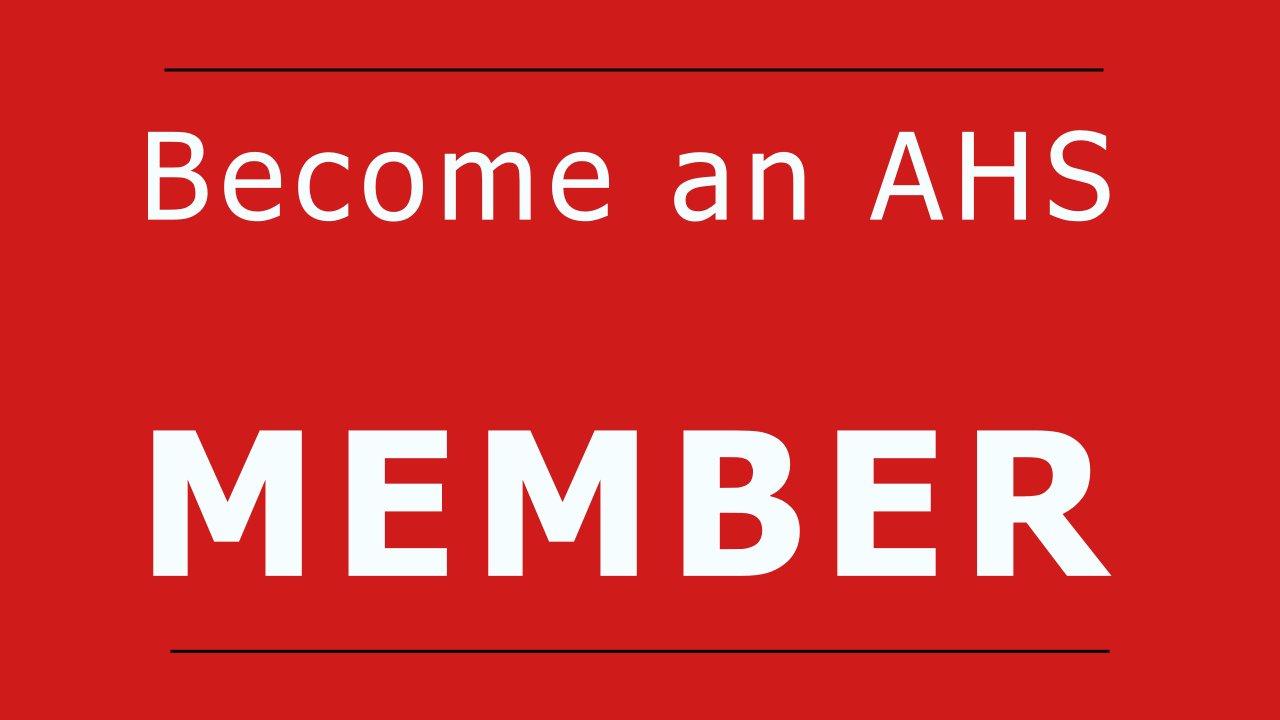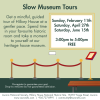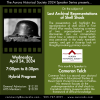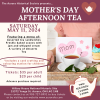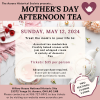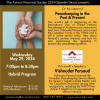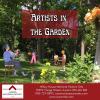Griffith, Ed (2014) Transcript
October 25th, 2014
Transcription: Ed Griffith (EG), interviewed by Katie Klopfer (KK)
KK: So, how long have you lived in Aurora?
EG: 77 years.
KK: Yes, and you said you have some family history in Aurora, they came in 1881?
EG: Right, my mother and father, well my father, came to Aurora in 1881, and so now there are five generations of my family living in Aurora.
KK: That’s very nice. Do you have any memorable experiences teaching in Aurora?
EG: You know, there are so many over 35 years that it’s hard to pick any one out. I don’t think I have any real memorable ones. I really enjoyed in Aurora. I taught at George Street and Wells Street, and then eventually ended up as Principal at Aurora Senior. I liked them all, they were really good.
KK: Really good, how about being principal, did you enjoy that? How was that?
EG: Oh I enjoyed that. Always nice being the boss you know. Yeah I enjoyed that very much. The staff were good and the kids were great.
KK: How were you involved with the Aurora United Church?
EG: Well I was baptized at Aurora United Church 76 years ago, and that’s the only church I’ve ever belonged to, as a member. So I was baptized there, confirmed there, we were, my wife Margaret and I were married there. We had four daughters, all baptized there, three of them were married there, and we’ve had two grandchildren baptized there.
KK: So I’ve heard you were involved in the hockey in Aurora, could you elaborate on that?
EG: Well I can go back a long, long time on the hockey. Yes I played minor hockey in Aurora, that’s a long time ago, and the team was Ernie Allmans Esso All-Stars and Ernie Allman owned the Imperial Esso Station on Yonge Street and he sponsored the team. So we played there, we also, our away games were all down in Icelandia in Toronto, wasn’t much of a rink; they had square corners so you didn’t get a chance to hit too many people in the corner. And then I came back later and played old-timers hockey in Aurora for a number of years and quit when I was 65.
KK: Oh, that’s a very long time.
EG: I had a long career.
KK: So you coached girls soft-ball, how was that?
EG: Well that was really good, there was a time when girls softball was a really big thing in Aurora, and so I coached that for twelve years, and the reason for that is, not that I was that keen on softball, but I had four daughters who moved through and so I coached all of them. So it was a long time.
KK: So you said you married an Aurora girl, how did you guys meet?
EG: Well, we gotta go back to Aurora United Church. Margaret and I were members of the Aurora Mission Band, the United Church Mission Band, which was for little wee guys. And that was before school started, so we met there, not that I remember that. And then we went to grade one together, and we were in school, all the way up until we left high school. Well then we ended up going to teachers college the same year too. That’s the year that did me in.
KK: So how was it like to raise a family in Aurora?
EG: Well it was really good. It’s a very secure town, and nobody had the concerns that we have today, well that was one thing. You knew your neighbours really, really well. And who was it said, it takes a village to raise a child, Clinton I guess, and everybody did that. Everyone on the street took responsibility for everyone else’s children, so that was one thing. And there were lots of activities in town that the girls went to and schools were close, so, and there wasn’t traffic to get to anywhere at anytime, so it was good. It was good.
KK: You grew up in Aurora
EG: That’s right
KK: So how was your experience growing up here different from your kids experience?
EG: Much smaller town, that’s the first thing. One school, and everybody went to that school. So you knew everybody in town, and so there was no rivalry, well you know we had rivalry from one side of Yonge Street to the other side of Yonge Street, but there were no divisions in town, we were sort of all together. And then that group all went off to high school, there was only one high school. So that was the first thing. It was, I think, an easier place to grow up. School was a lot more fun then. I really enjoyed school. I think I enjoyed high school more than my daughters did, and I think high school in the fifties was more fun than it is today. But it really was a good time to go to high school, so that was a big advantage. It was a simpler time. And there are a whole lot of things resolved in that, like I remember Saturday, the only thing Saturday, on a Saturday night you’d have the choice to go to the old Royal Theatre on Centre Street, to a movie, and in the wintertime you went skating. The arena at that time was down on Yonge Street, and the town band played so it was great. And everybody pretty well went there, and again you knew everybody. Boy, after that, I don’t know, that’s pretty well, those are the things, its just that it was an easier time, a simpler time, and as the town grew I think it became more complicated in a lot of ways for teens than it was in my time.
KK: So, what are some of the most memorable moments you’ve experienced while you’re in Aurora?
EG: You know, one of the, well I can’t say just moment, I like the term moments. I would say the fires. I remember when Baldwin’s Mill burned, that was the end of milling in Aurora. Davis Drive on Yonge Street, or Davis Garage sorry, on Yonge Street burned down. And then we had that big Thompson fire, and that changed Yonge Street. The Aurora Arena burned down and that meant when the rebuilt they went to the north-end and we have the big Community Centre. And then the recent one of the United Church burning. Those are all big events, and they had a change, they changed the town in different ways when that happened.
Other events in Aurora, the Horse Show, used to have a bang-up horse show in the town park. And the whole town was geared for that, and that was really an exciting time. We had a midway and I was a boyscout, so the scouts used to barrier bars back up when the horses knocked them off. After that, you know there were, they, a lot of things happen in town and you just sort of grow with them as you go along you know, as they occur.
Every year we had a Halloween Parade from the school. The high school band would play down ahead of the parade. Everybody walked down Mosely and up Yonge Street to Wellington and the sidewalks would be crowded with people to watch all these kids from the school in costumes.
So those were the kind of things that you just grew up with. To think of main events, maybe I just was immune to main events, or forgotten them.
KK: Well have I missed anything that you would like to share?
EG: Well the school was important because it was the centre of pretty-well, all my activities, that and the church, so they were both important to me, and sort of got direction from that so. Oh, Hurricane Hazel, that was a big deal, and we collected clothes and I remember taking them up to Bradford so the people up there would have, I don’t have any idea what they ever did with them, but I think it made everybody in Aurora feel good to donate this truck load of clothes. And on the Friday night a friend and I helped pull cars out of the water that collected on Gurnett Street, and these cars were underwater all but the roof, so we put cables and chains on them and people pulled them up. That was kind of exciting for a kid, you know. I don’t think I have anything else.
KK: Oh, other stories? Other fun, small facts?
EG: Well you know, somethings have changed so dramatically, having taught at what it now, or what was Wells Street, and it’s closed now. Every fall the men who worked for the town would come over and rake the leaves, you know there are a lot of maple trees, and they burned them, they burned them in the Town Park. You wouldn’t be able to see across the park. We wouldn’t do that today, you just would not do that today, and yet that was an annual event, and I still miss the smell of those burning leaves. So that was a big event, in terms of the change that’s happened.
KK: Oh, well thank you for coming out and sharing your stories, we really appreciate it.
EG: Good, I’ve enjoyed it very much.
END.


